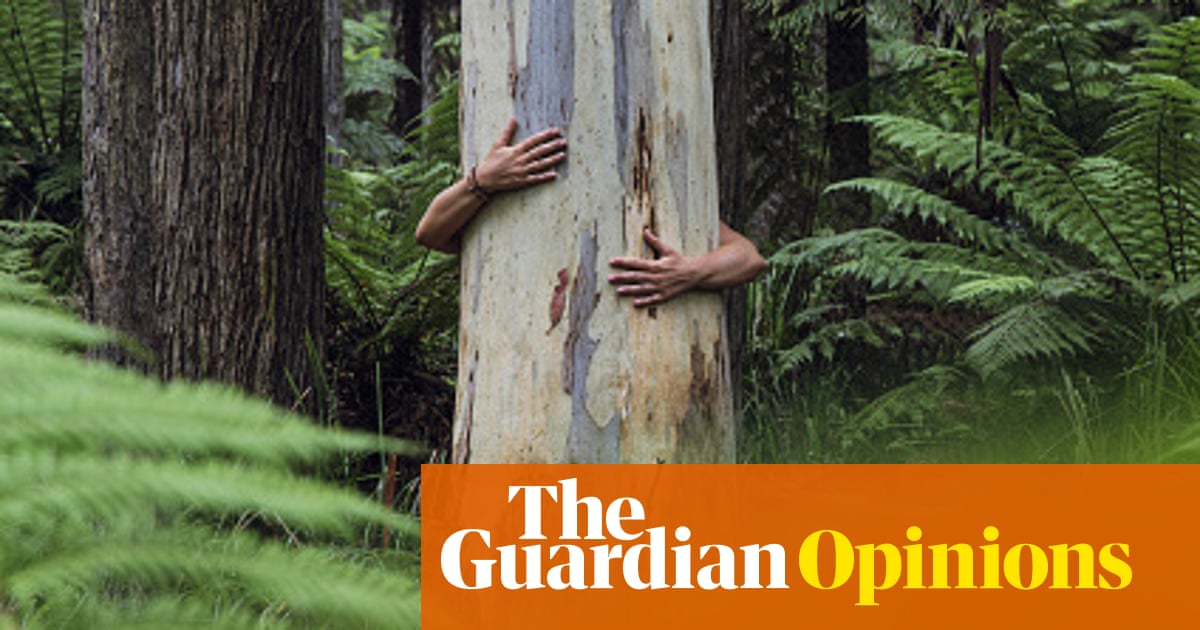I’ve heard from a very wise friend that something she hadn’t previously considered, which she read in my“tiny house” article, was that the housing market requires most people to be in debt. It’s been a strangely positive experience to come to the concept of “economics” through living my life as a poet, novelist and medical journalist, because it allows me to critique things that might otherwise go unnoticed. Another very wise friend told me that her husband went to university to study economics, was told on day one that the entire model is built on a concept of infinite growth, and he quit to become a gardener. No wonder we’re friends.
The first book of economics I read wasThe Serviceberryby Robin Wall Kimmerer. The point of this beautifully written, small book (a long essay, really) is that different concepts of “economies” exist – we needn’t be beholden to the neoliberal, western, cut-throat, strangle-your-dreams economy that many of us feel mired, indeed trapped, within – and she describes something from her Potawatomi heritage called the gift economy. She speaks of reciprocity and abundance, rather than grasping and scarcity. The revolutionary thing about Kimmerer’s writing is that it’s gentle, assured, and as a reader I’m left with no doubt that she’s correct.
With my leap to a tiny house, part of my decision-making came from the practical economics of the fact that I would either need to earn more or spend less. Because my daughter is not yet in school, I want to spend less money so I have more time: so I can be present and available for her. No doubt, I could have turned my efforts to a full-time job with higher income, put her into full-time daycare – but none of that appealed to me.
A slow and gentle lifestyle is possible, it’s just not sold to us, so it is harder to listen out for. We have to listen for that silence beneath all of the racket and noise. For me, even right this moment, that silence is not silence: it’s raindrops and birdsong. The morning sun is lighting up the pale bark of the gumtrees. Fairy wrens are dancing on my deck. I can choose to spike my nerves and turn on the news, because yes, I want an update on how that fair vesselMadleenis doing: my mother’s heart holds all her crew close, and I am amazed to be in a world where such feats could be seen as heroic, but in fact feel simplynecessary. Even their work, should it succeed, is a gift.
Sign up for the fun stuff with our rundown of must-reads, pop culture and tips for the weekend, every Saturday morning
How many gifts surround you? My daughter is a gift, and because I co-parent, every day I get with her is a gift. The friends who have been involved in this tiny house project have all given me gifts of time, ideas and even objects – doors, use-of-ute for moving and a wardrobe. My health is a gift, and my health has been far better since embarking on this journey towards a gift economy. Of course I pay for groceries, but when I’m in my new space, I’ll be able to grow vegetables, and there is a popular local “crop swap” in my village. I’ll be down the road from a few small-scale producers, where I can buy potatoes from a neighbour and lentil dal for family-friendly prices. In some ways, though organising my week is work – juggling journalism, part-time PhD, primary parenting – it’s also a pleasure, because I’m choosing it.
We want our lives to be full of pleasure, not debt. I’ve noticed something too: the more money people have, the less pleasant they sometimes are (not always). It makes me suspect there is something poisonous about money. There are plenty of large-scale examples rampaging about right now; I don’t need to name names. But recently I had the pleasure of sitting in my neighbour’s sauna; she lives in a tiny house, she retired early and she has no debt. She shared that wealth by inviting me to her personal wood-fired sauna, where we chatted about many of the things she learned about tiny house living. A weekend afternoon spent in a luxurious sauna, and it didn’t cost me anything.
Lately, I’ve had the gift of some lovely home-cooked meals with friends and have remembered how that is, perhaps, the greatest gift of all. Sharing food, sharing time, sharing meals. Embracing a gift economy and a smaller scale of life, I’m abundantly grateful.
Kelley Swain works in the field of medical and health humanities. She is a PhD candidate at the University of Tasmania, working on a project about poetry and motherhood
